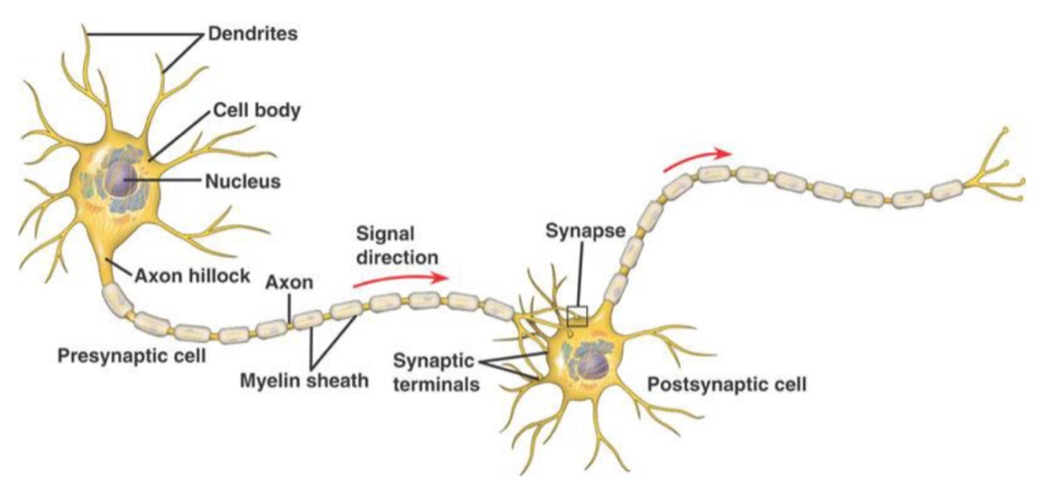Neurobiological basis of memory
1/15
Earn XP
Description and Tags
81 - 87
Name | Mastery | Learn | Test | Matching | Spaced |
|---|
No study sessions yet.
16 Terms
What is the law of mass action
the severity of the memory impairment for maze performance correlated with the size of the cortical area removed and not with its specific location
Describe the case of Patient H.M.
Sustained a head injury at age 7
Experienced his first major seizure at age 10
Experienced his first generalised convulsion at age 16
Had tissue removed from the temporal lobes (hippocampus)
Short-term memory intact (supporting distinction between LTM and STM)
He was unable to remember events that happened several years before surgery (retrograde memory impairment)
Unable to form new memories/learn new information (anterograde memory impairment)
Unable to learn to navigate a new neighbourhood
What did Hebb’s (1949) theory argue
that the neurophysiological changes underlying learning and memory occur in three stages:
synaptic changes
formation of a cell assembly
formation of a phrase sequence
When an axon of cell A is near enough to excite a cell B and repeatedly or persistently takes part in firing it, some …
growth process or metabolic change takes place in one or both cells such that A’s efficiency, as one of the cells firing B, is increased
What is the gill-withdrawal reflex
a defensive motor response behaviour
What does the gill-withdrawal reflex circuit rely on
two different populations of neurons:
the gultamatergic sensory neurons that receive somatosensory information from the skin of the siphon
the motor neurons that control the muscles of the gill
What is habituation
a decreased response to a stimulus after repeated presentations
What is sensitisation
prior to strong stimulation increases response to most stimuli
neuron

LTP is found to be essential for
declarative memory
What is LTP defined as
strengthening of synaptic efficacy between neurons in the brain
Changes at synapses could include
increased neurotransmitter release
effectiveness of restores (receptor numbers or enhance)
Synaptic plasticity can change:
the amount of neurotransmitters released
the number of postsynaptic receptors available
both
What is long-term depression (LTD)
it’s expressed by a long-lasting decrease in the efficiency of synaptic transmission
What is synaptic plasticity
ability of neurons to modify the strength of their connections in response to increases or decreases in their activity
Synaptic plasticity is important neurophysiological process involved in
brain networks development and reorganisation after damage